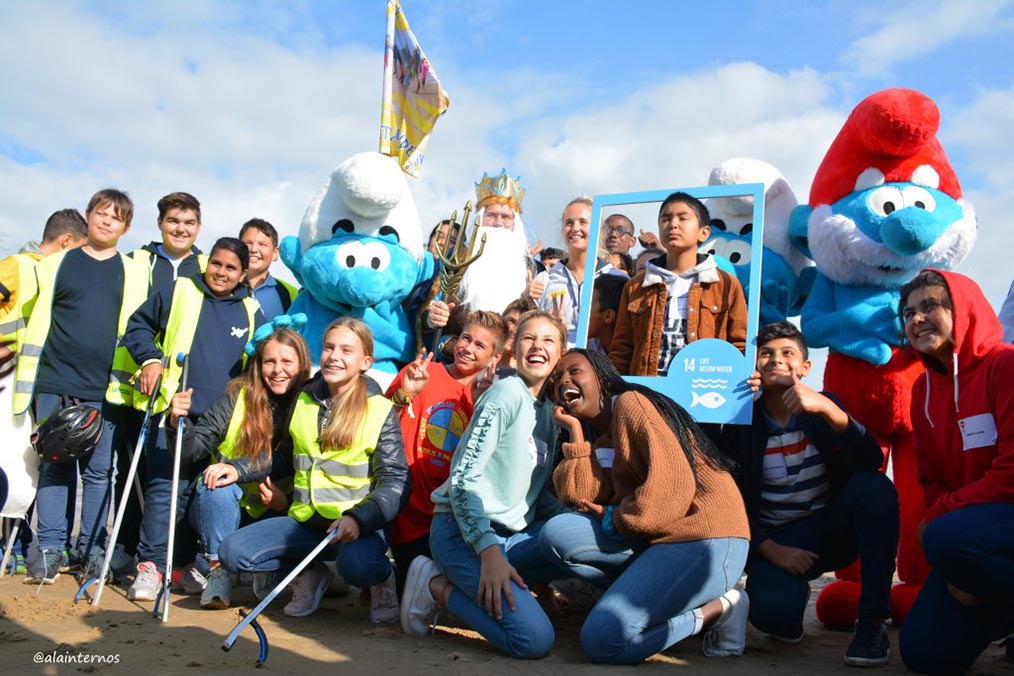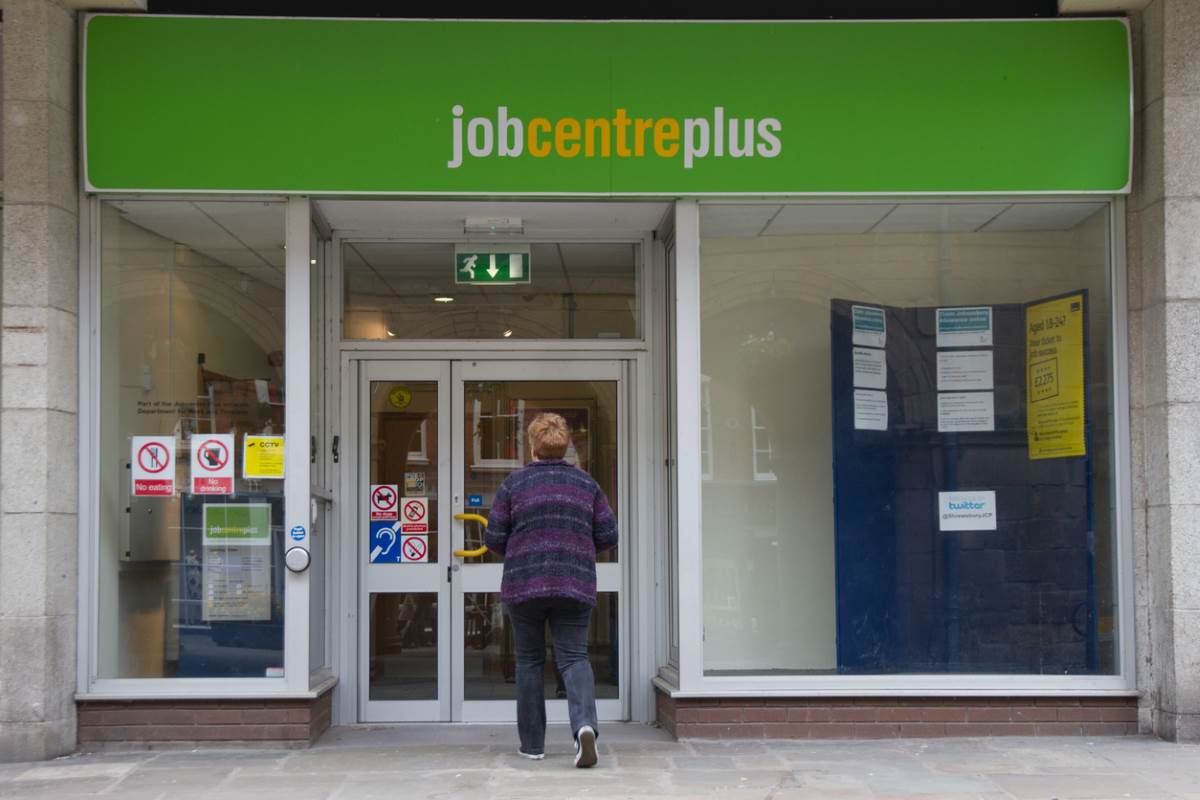Marine litter is both a global and a local challenge. Across the world, an estimated eight million tonnes of plastic waste end up in our oceans every year. Overall, 80% of all marine litter comes from land-based sources.
To raise awareness of the marine litter challenge, the United Nations, the European Union and the Smurfs – ambassadors for the 2030 Agenda and its 17 Sustainable Development Goals – have teamed up to clean beaches across the world through the #EUBeachCleanUp campaign, inviting citizens everywhere to participate in local coastal clean-up efforts.
The campaign, kicked off on the International Coastal Clean-up Day on 21 September, has so far engaged 160 million people, showing that no matter how young or old, or wherever you are, you can contribute to making our ocean healthier.
The campaign builds on the notion that we can achieve the Sustainable Development Goals if only we work together. Echoing that sentiment, Caroline Petit, Deputy Director of the UN Regional Information Centre in Brussels, said “Speaking is good, but acting is better, and acting together to protect the ocean and our environment is the best thing you can do.”
Joining the campaign this year were UN information centres, local schools and partners, including the UN Youth Envoy, the European Commissioner for Maritime Affairs and Fishery, and the Scouts. They organized various lake, beach and river clean-up events, advancing Sustainable Development Goal 13 on Climate Action and Goal 14 on Life Below Water.
As the world gears up for a Decade of Action to deliver the Sustainable Development Goals by 2030, the campaign is expected to be expanded next year.
Background
The European Union is leading the global fight against marine litter and has recently adopted legislation to curb single-use plastics, especially those items that are most commonly found at the beach. In addition, the legislation focuses on lost fishing gear, which accounts to some 27% of all beach litter.
The Sustainable Development Goals are a blueprint to achieve a better and more sustainable future for all. They address the global challenges we face, including poverty, inequality, climate and environmental degradation. Goal 14 includes objectives for the sustainable use and conservation of the ocean.
The Smurfs, created by Peyo in 1958, are a universal symbol of optimism and friendship. The blue Smurfs live in harmony with nature and bring happiness to children and grownups across the world. The Smurfs are official campaign partners of the #EUBeachCleanup and the Sustainable Development Goals.
This article appears courtesy of the United Nations and was originally published on UN.org






